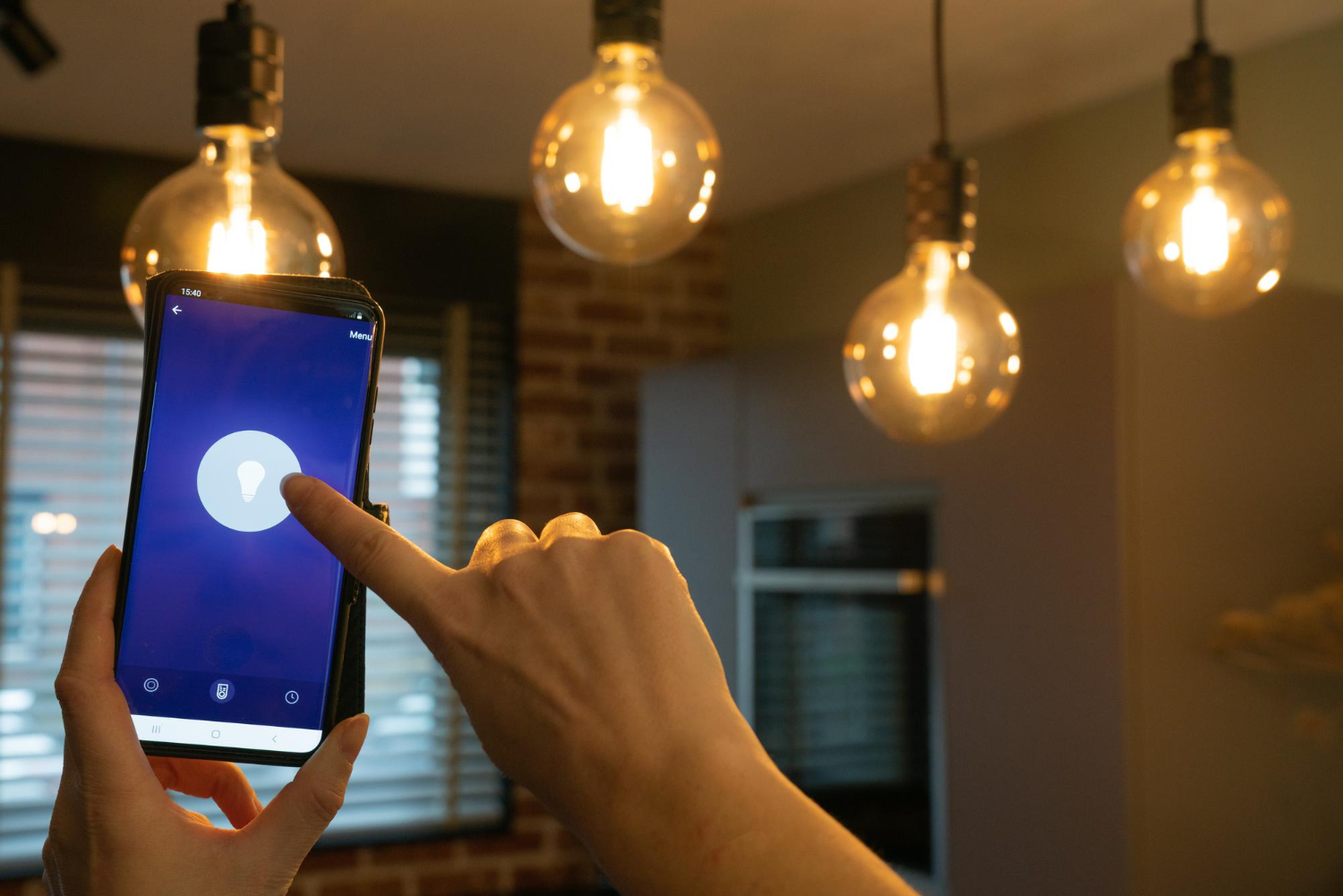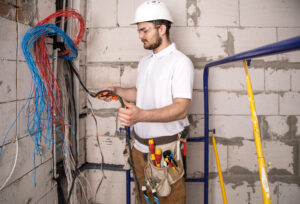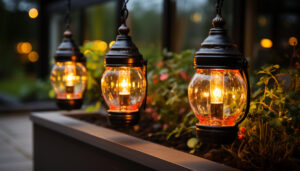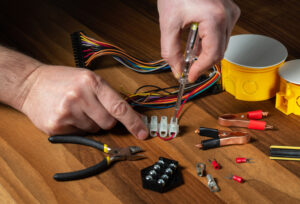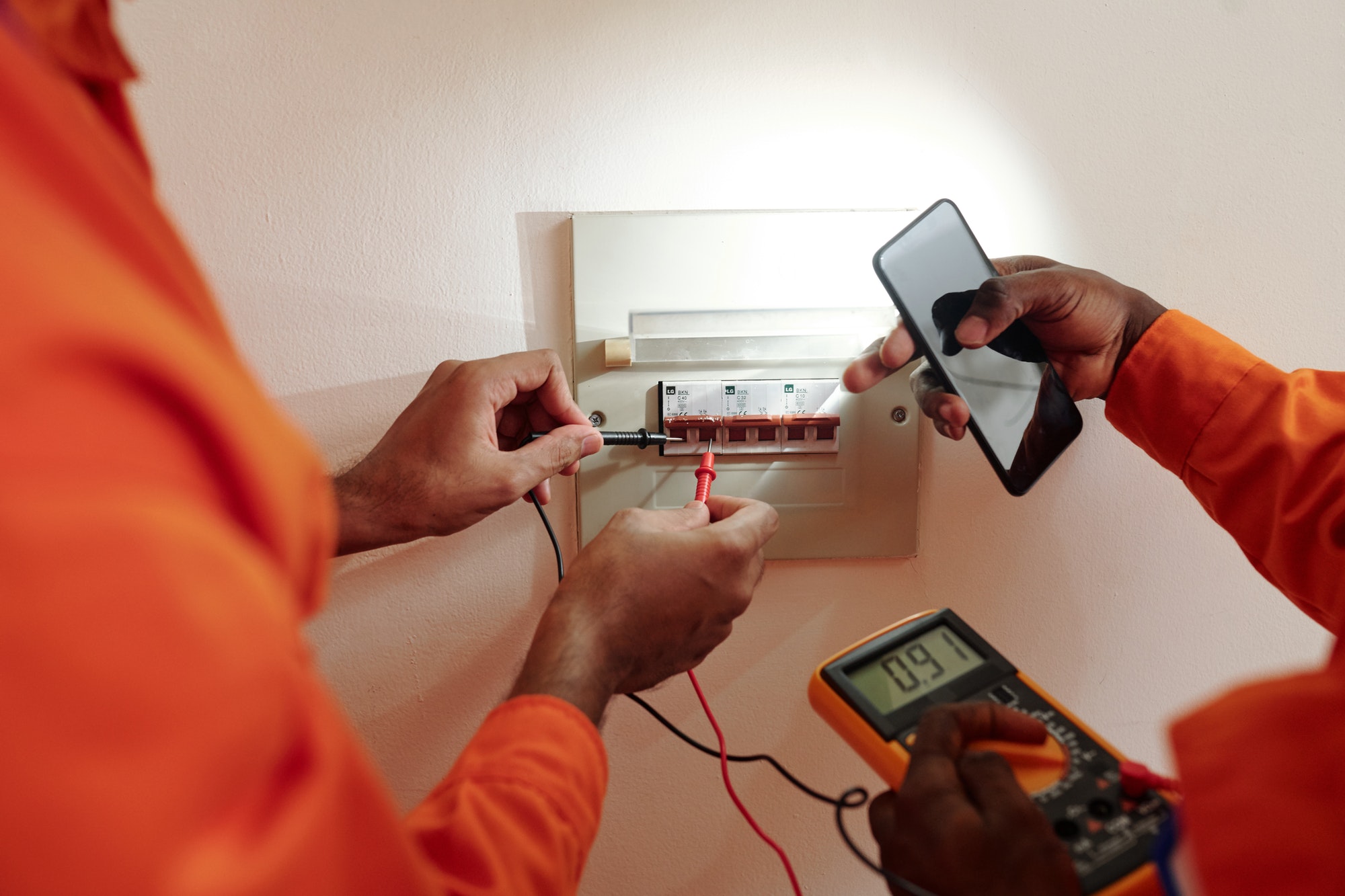Smart lighting solutions represent a significant leap forward in home automation, blending convenience, energy efficiency, and enhanced security into one technologically advanced package. By incorporating intelligent lighting systems into your home or office, you can enjoy a myriad of benefits that go beyond simple illumination. Here are some key advantages of adopting smart lighting solutions:
1. Enhanced Energy Efficiency
Smart lighting is primarily known for its ability to save energy. These systems typically use LED bulbs, which are already more energy-efficient than traditional bulbs. Additionally, smart lighting can be programmed to dim or turn off automatically when not needed, further reducing energy consumption. This not only helps lower utility bills but also extends the lifespan of the bulbs.
2. Convenience and Accessibility
One of the most immediate benefits of smart lighting is the convenience it offers. Lights can be controlled via smartphones, tablets, or voice-controlled assistants like Amazon Alexa, Google Assistant, or Apple HomeKit. This means you can adjust lighting from anywhere in the world, provided you have an internet connection. Whether dimming the lights without leaving the couch or setting schedules for lights to turn on and off automatically, smart lighting offers unparalleled control.
3. Customization and Atmosphere Creation
Smart lighting systems allow you to adjust the brightness and color temperature of your lights, and even select from millions of colors with RGB LED options. This level of customization enables you to create the desired ambiance for any occasion or mood, from a warm, relaxing glow to energizing bright light. Scheduled scenes can transition your lighting throughout the day to match natural circadian rhythms or set the mood for special events.
4. Improved Home Security
When integrated with home security systems, smart lighting can help deter burglars by making it appear as though someone is always home. You can program lights to turn on and off in a random pattern when you’re away, or activate them remotely if a security camera detects motion. This can make a significant difference in home safety by deterring potential intruders.
5. Ease of Installation
Unlike many other home automation upgrades, smart lighting is relatively easy to install. Many systems work with existing light fixtures using standard bulb sockets. This plug-and-play approach means you can enjoy the benefits of smart lighting without the need for extensive rewiring or professional installation.
6. Integration with Other Smart Home Technologies
Smart lighting can be integrated with other smart home systems, creating a cohesive and highly functional smart home ecosystem. For instance, your lights can automatically turn on when your smart door locks are activated or dim when your smart thermostat detects that the room has reached a certain temperature.
7. Health and Wellbeing
Exposure to different types of light throughout the day can affect your sleep patterns and overall health. Smart lighting can mimic natural sunlight patterns, enhancing your body’s natural circadian rhythms, which can improve sleep quality and overall mood.
8. Cost-Effectiveness
While the initial investment in smart lighting might be higher than traditional lighting, the long-term savings on energy bills, coupled with the extended lifespan of LED bulbs, make it a cost-effective option over time. Additionally, the convenience and enhanced security features add invaluable benefits that justify the initial expenditure.
Conclusion
Smart lighting solutions offer more than just a way to control the lighting in your home; they bring a combination of energy efficiency, enhanced security, convenience, and integration with other smart home devices. As technology continues to advance, the capabilities of smart lighting systems are expected to grow, making them an increasingly essential part of modern, efficient, and secure homes and workplaces.

